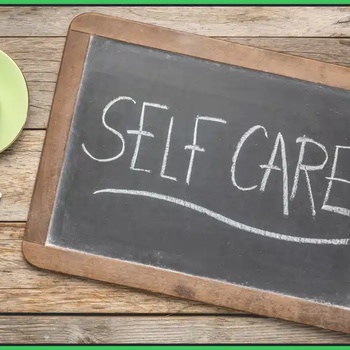English is the lingua franca of the world. Thanks to English, people with different native languages can sit down and communicate without the barriers of language now. English simplified communication. English is the common language understood by all, all over the world. This widespread adoption of language into their lifestyles has made English speaking skills necessary for both professional and social lives. The more fluency your language exhibits, the more interesting, attractive, and insightful your conversations are.
But there is a common misconception that English is a complex language and is difficult to learn. But, listen to me. English is the easiest of all languages. Here I am today, in front of you to clear all your misconceptions and guide you on how to learn English.
1. Listen and Observe
The first step to learning any language is to listen, observe, and learn. Listen to the news in English, watch English movies, shows, and series, observe things written in English and try to make sense. Watching movies and news is a great way to learn any language.
2. Speak
No matter how much you learn, you cannot reflect it in your words unless you act and speak. Speaking is the most important part to practice what you have learned. Keep speaking and keep improving. Some people complain that they have no one to speak to. It’s ok. You can speak to yourself, explain yourself a concept, speak to the mirror, or record yourself on your phone and observe. The core idea is to speak, it doesn’t matter where you do it, how you do it, and with whom you do it.
3. Reflect on your conversations
Once you are done with your conversations, reflect on them. Analyze how did it go. Are you putting everything or at least something into practice that you have learned? Are you making any progress? If no, why? Assess and work on your weak areas, and try better. Learning is a constant process of assessing and improving. The more you assess, the more there is scope for improvement. And the more you improve, the more confidence you display while speaking. Confidence is also a factor that adds value to your language. It makes your conversations impressive and enchanting.
4. Read
Once you are done with the basics, you need more vocabulary to jump into the advanced stage and make your sound language more sophisticated. For that, you need to add new vocabulary to your dictionary constantly and regularly. Read books, articles, news, or anything that interests you. Find new and interesting words, slang, phrases, terms, and synonyms. Jot them down somewhere and revisit them until you feel confident that you now no longer need to search the word. Use them in your conversation to imprint them into your memory so that you don’t forget them.
You are reading this article because you want to hone your English speaking skills. You could have done your part from the past few days, weeks, months, or even years not knowing what is stopping you from becoming an expert in your new language. Wonder no more, the above pattern is the most suitable pattern to learn almost any language not just English. And you don’t need to have plans, schedules, or huge resources to follow this pattern. You can do it from anywhere in the world. I hope the article helps you get started as a beginner, if it does, like the article and let me know your thoughts in the comments section below.




















